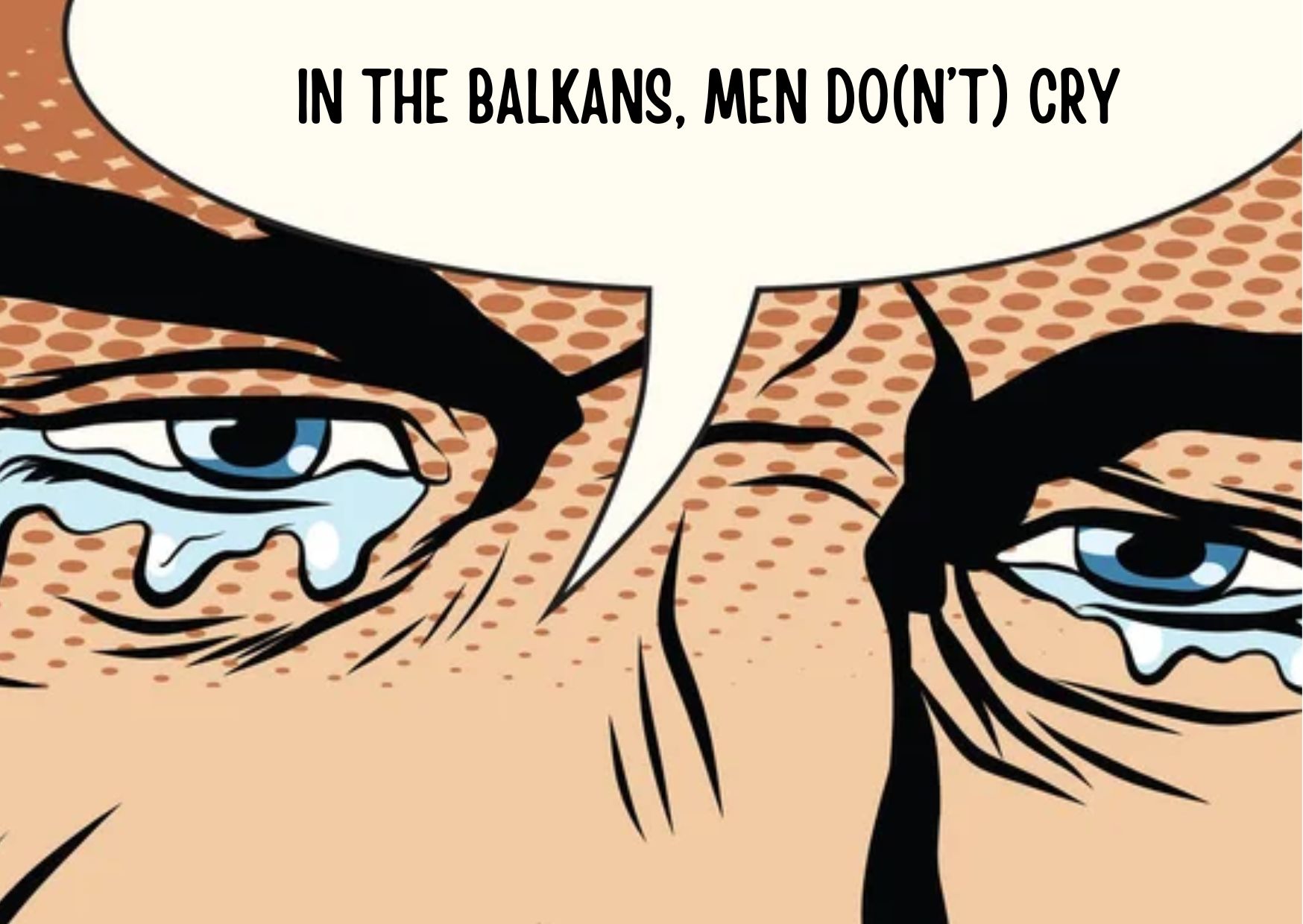Given that patriarchy has shaped our society for centuries, practices deeply rooted have been created. What is evident in our society todkosovay, dating back centuries, is a woman's right to decide about her own body. The presence of patriarchy that has not been extinguished even today has introduced many injustices. Women are “weaker“ or more “gentle“ gender, while men occupy a stronger, more dominant role, a role on which everything depends.
The birth of a girl is considered less valuable compared to the birth of a boy, because boys are the ones who continue the lineage, shots are fired in celebration of their birth, whereas for daughters it is often said: "She is not my fortune, but someone else's supper." The term "unwanted" speaks for itself, and was a slogan of the eponymous campaign. This topic has been discussed, and is being discussed, by numerous politicians, activists, and public figures. However, what exists today is not sufficient to completely eradicate something that has taken roots deeply in our society. It is important that true believers and fighters for gender equality unite, to be persistent and not give up at the first obstacle.
Youth worker and gender equality activist, Jelena Jovanović, shares the statistic that Montenegro currently lacks 3,000 women of reproductive age, and it is predicted that in less than 20 years there will be 8,000 fewer women than men if sex-selective abortions continue. On average, 110 boys are born for every 100 girls annually, while the natural ratio is 102 or 103 boys to 100 girls.
A woman who grew up when patriarchy was pervasive unconsciously forms the opinion that sons are more valuable than daughters. This viewpoint is often not driven by desire or emotion, but by pressure from others. Mothers do not want to see their future daughters in the roles they were once confined to. The Center for Investigative Journalism in Montenegro conducted a study titled "Where have Montenegrin girls disappeared?" The focus of the research was on the increasing occurrences in Montenegro of illicit early gender reveal and abortions specifically if the fetus is female. Since these practices are illegal, such procedures are mostly sought beyond Montenegro's borders.
Montenegro has implemented various laws and policies aimed at advancing gender equality, yet challenges persist. No matter how much we strive to eradicate inequality between men and women, we always encounter roadblocks. There will always be that one person who believes that a woman is not competent to speak on certain topics or have a say in certain ideas.
"Selective abortions directly deepen gender inequality. Through selective abortion, women are perceived as less valuable. Therefore, by affirming patriarchal roles and beliefs, the possibility of women being equal in society is diminished," emphasizes Jovanović.
She advises that educating all generations of the population about reproductive health and gender equality through formal and informal educational mechanisms is very important. Only through prevention, raising awareness, and better implementation of laws can we reduce the number of selective abortions. "It is essential to educate children from a preschool age, so they can grow up free from the constraints of patriarchal stereotypes and prejudices that lead to harmful behaviors such as gender-based violence and selective abortion," concludes the activist.









